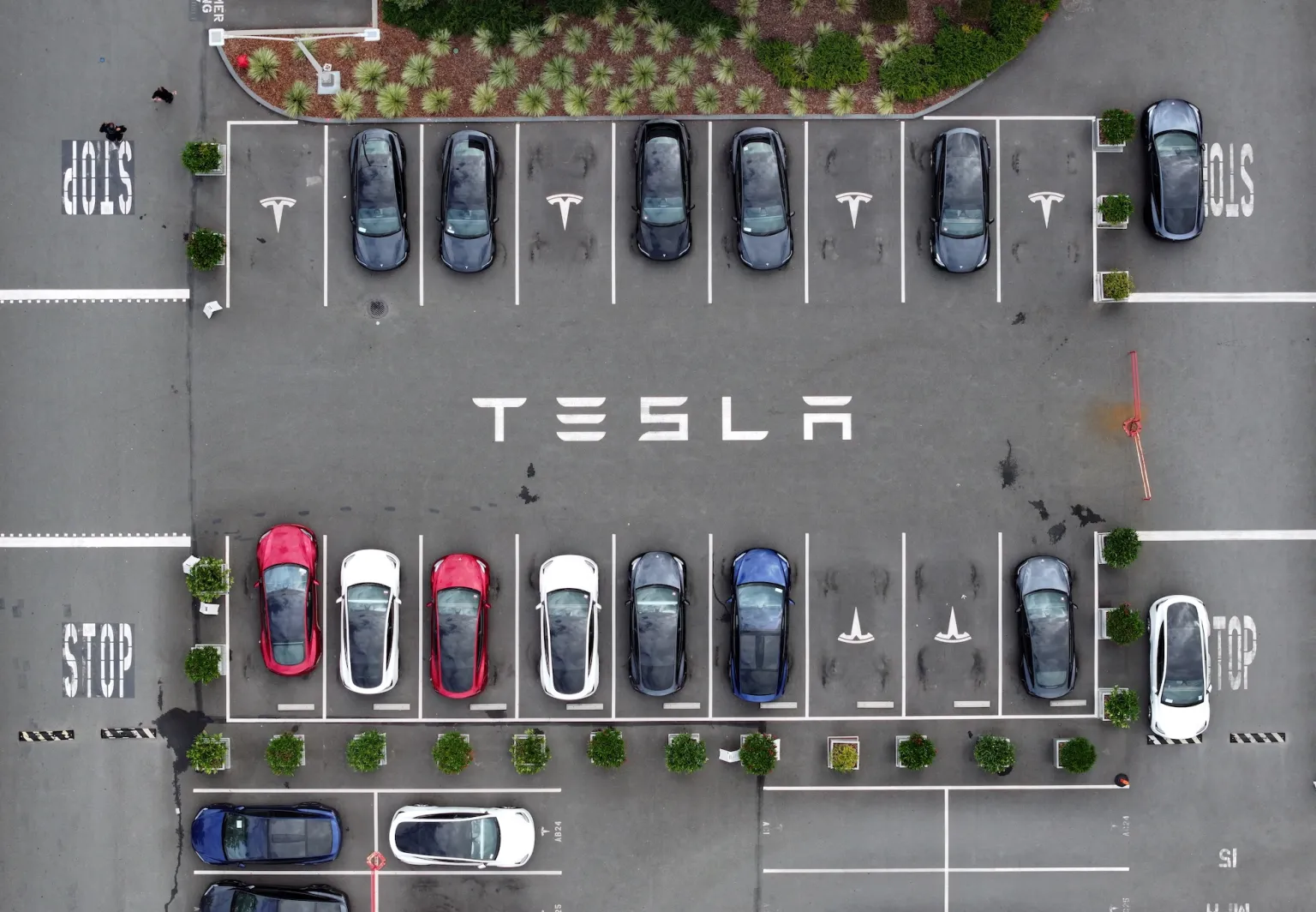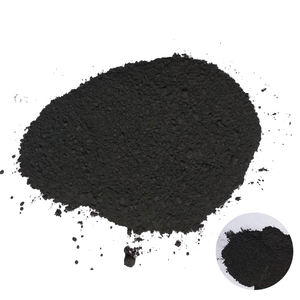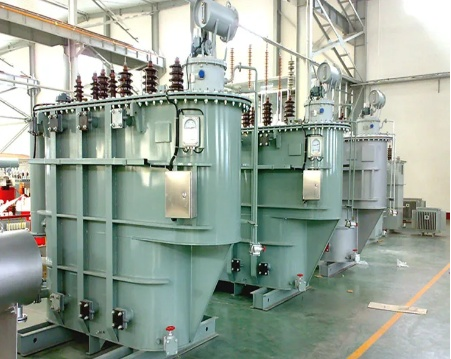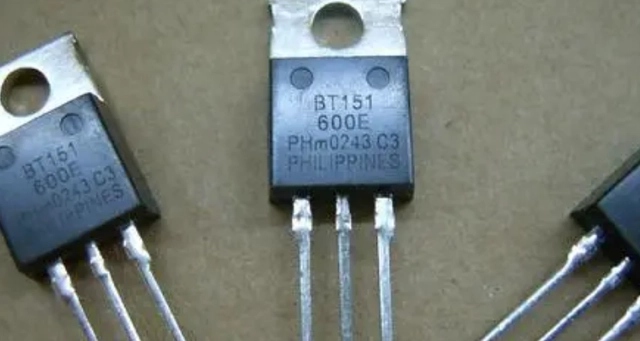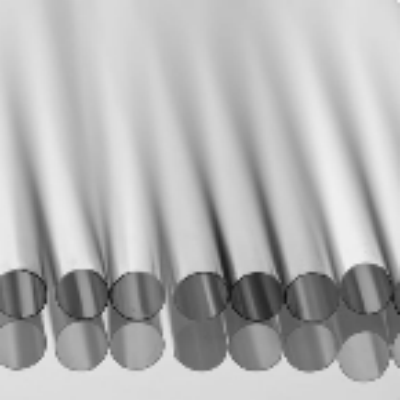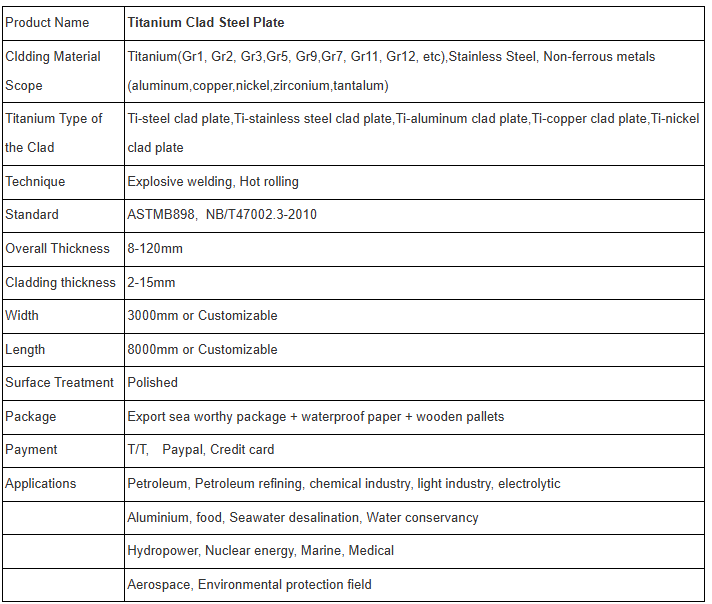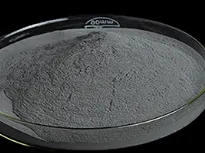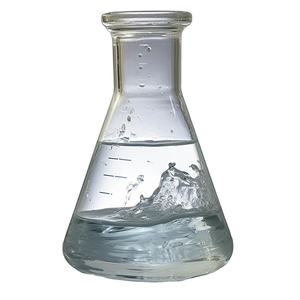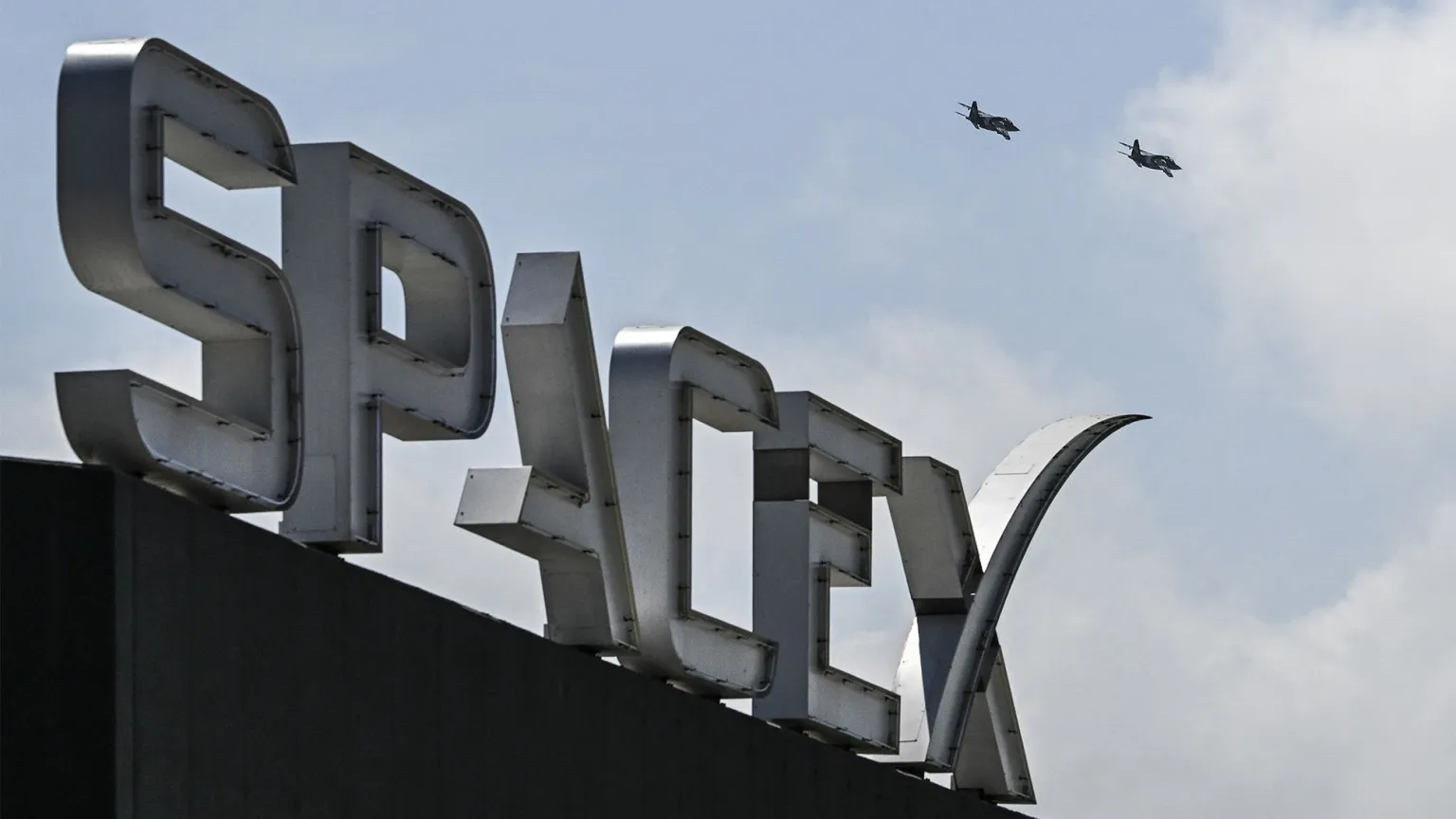Every component in a railway system must work well. This keeps the system risk-free and reliable. Train spreading parts are really important. They supply assistance, attach things, and conduct signals. Their quality affects how stable the train network is. When you get these parts for South Africa, South America, or Russia, you have to discover great suppliers. To be effective, you need to recognize the neighborhood technological guidelines. Below are 5 essential high quality standards you need to always adhere to.
1. Material Composition & Mechanical Characteristics: The Structure of Quality
The performance of actors iron relies on its details chemical make-up and casting procedure, and need to satisfy the international or regional criteria of the target audience. A trusted railway spreading parts maker will supply full product traceability.
1.1 Make-up Standards: Must comply with standards such as International Specifications (ISO), European Specification (EN), Russian GOST criteria, or those frequently made use of in South America like IRAM (Argentina) and ABNT NBR (Brazil). The content of unsafe aspects like phosphorus and sulfur should be strictly regulated.
1.2 Mechanical Features: Concentrate on tensile strength, yield stamina, solidity, and elongation. For pliable iron, describe requirements such as ISO 1083, EN 1563, or GOST 28394. Purchase should need suppliers to offer material certificates and mechanical test records that follow the target audience’s needs.
(Railway Cast Iron Gearbox)
2. Dimensional Accuracy & Resistance Control: Ensuring a “Perfect Fit”
Train jobs worldwide have stringent requirements for dimensional interchangeability; any type of deviation can influence system combination. Accuracy is a mark of superior railway spreading makers.
2.1 Crucial Dimensions: All user interface dimensions and installing hole placements for all train spreading parts have to be 100% checked.
2.2 Resistance Requirements: Ought to follow worldwide recognized requirements like ISO 2768, or specific tolerance demands explicitly agreed upon with the customer. For the Russian and CIS markets, special focus needs to be paid to adhering to relevant resistance specifications in GOST 30893.
3. Limits on Casting Issues: Getting Rid Of Interior Hidden Dangers
The approval requirements for casting defects need to be plainly specified in agreements and based upon internationally or regionally identified specs. Leading train spreading parts supplier procedures use extensive non-destructive testing.
3.1 Surface area Flaws: Criteria like ISO 8062 can be referenced for evaluating spreading surface quality. Splits, chilly shuts, and various other problems impacting use are not permitted.
3.2 Inner Problems: For essential load-bearing railway casting elements, non-destructive screening (e.g., ultrasonic, radiographic) ought to be carried out according to standards like ISO 4990, EN 12680, or the GOST R 55724 series, with clear approval levels for defects.
4. Metallographic Framework & Internal Quality
The microscopic framework of the product is the vital basis for evaluating whether its inner high quality meets the requirement. This is an essential look for any expert railway spreading parts producer.
4.1 Ductile Iron: The analysis of nodularization rate need to follow standards such as ISO 945-1 or GOST 3443 to guarantee its mechanical homes meet the requirements for use under complicated working conditions.
4.2 Graphite Morphology & Matrix Framework: The metallographic assessment record is an important document for verifying the security of the production process and must adhere to the appropriate international or local requirements.
(Railway Cast Iron Gearbox)
5. Anti-Corrosion Therapy & Surface Area High Quality: Withstanding Harsh Environments
Provided South Africa’s coastal high salinity, South America’s tropical jungle humidity, and Russia’s severe chilly and de-icing salts, anti-corrosion treatment for train spreading parts is important.
5.1 Therapy Procedures: Specify the kind of anti-corrosion procedure, such as hot-dip galvanizing (ISO 1461), epoxy layer, and so on, and specify essential indications like layer density, adhesion ( e.g., ISO 2409), and salt spray resistance ( e.g., ISO 9227).
5.2 Regional Standards: Should take note of certain requirements of the target audience, such as Russia’s GOST 9.307 anti-corrosion system certification, or South Africa’s SANS (South African National Criterion) requirements. An international train spreading suppliers will recognize with these varied requirements.
Luoyang Fonyo Heavy Industries Co., Ltd. is a leading maker of heavy industrial spreadings and parts, concentrating on giving high-grade steel spreadings, consisting of carbon steel, high manganese steel, alloy steel, and heat-resistant steel castings. With a thorough solution version incorporating style, casting, machining, and solution, Fonyo makes sure that each item fulfills extensive high quality and efficiency standards to satisfy the requiring demands of numerous hefty industries.
If you are looking for a trusted supplier of Railway cast iron component manufacturer, Luoyang Fonyo Heavy Industries Co., Ltd. is your ideal choice. Visit Fonyo’s official website (www.railwaypart.com) for more product information and technical support!
All articles and pictures are from the Internet. If there are any copyright issues, please contact us in time to delete.
Inquiry us



